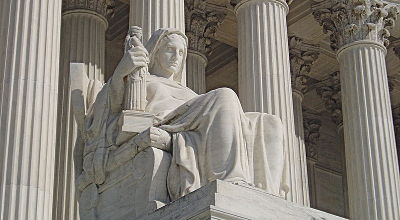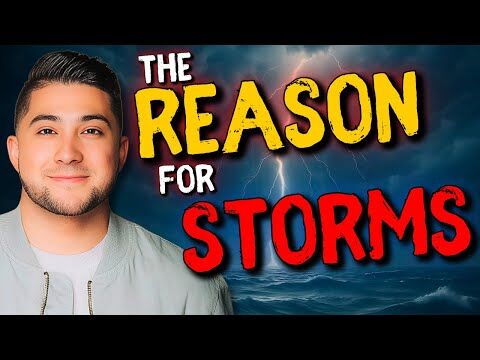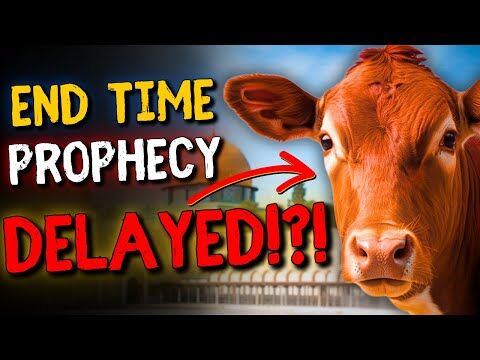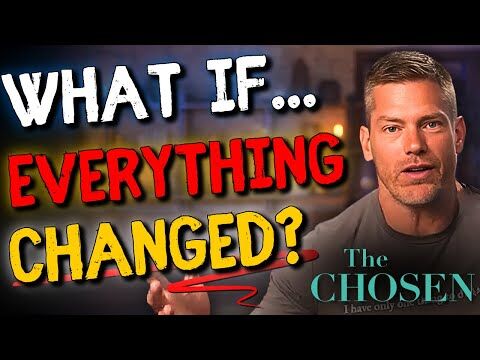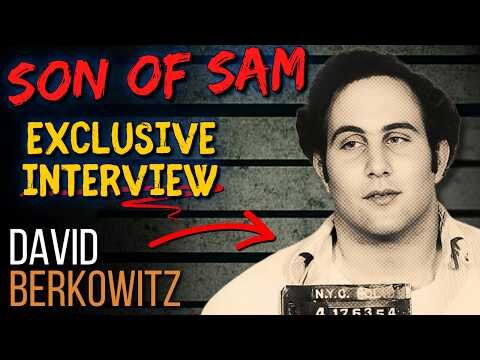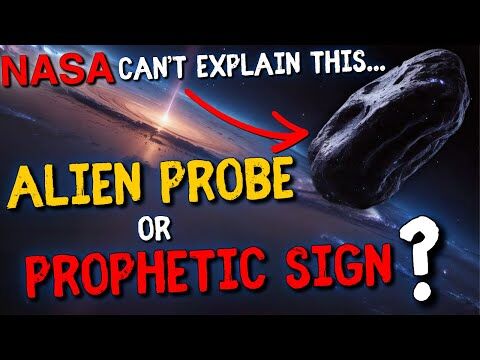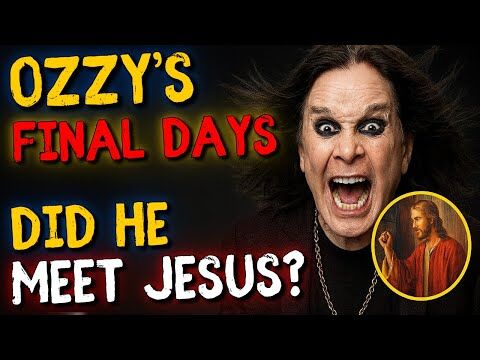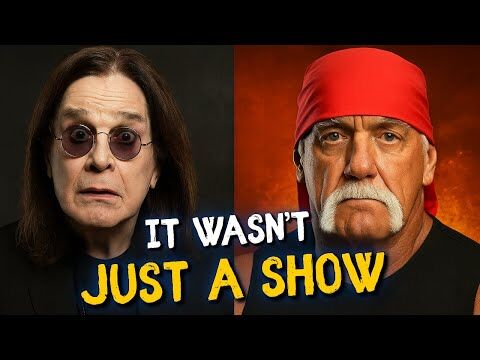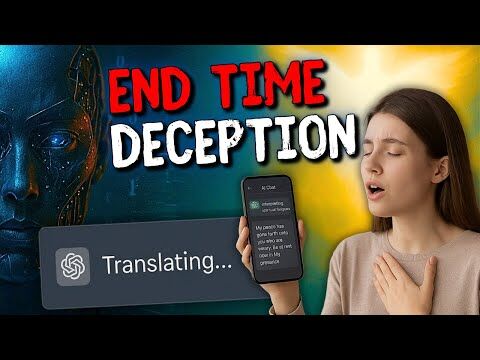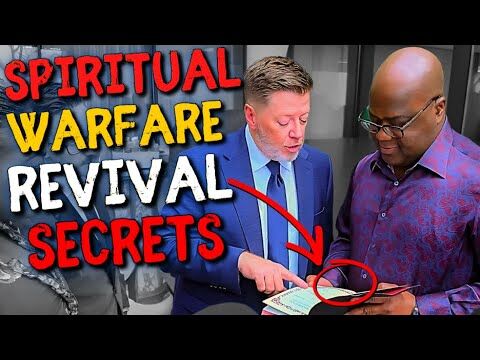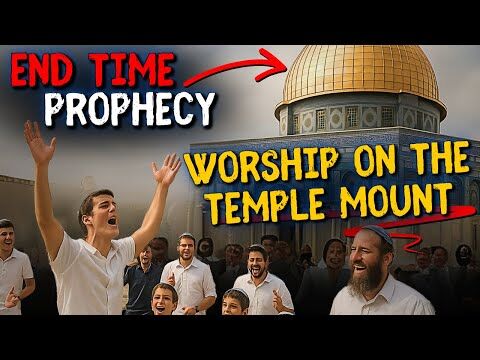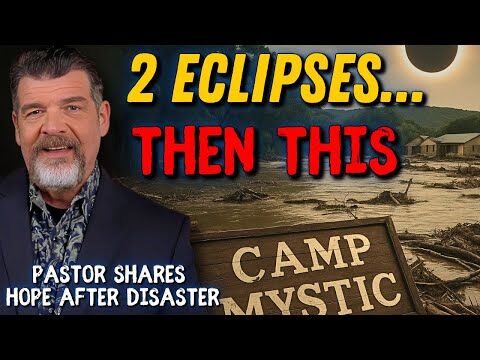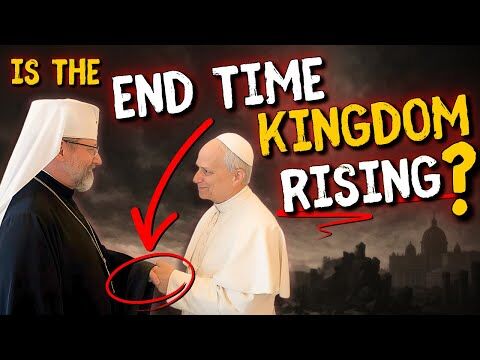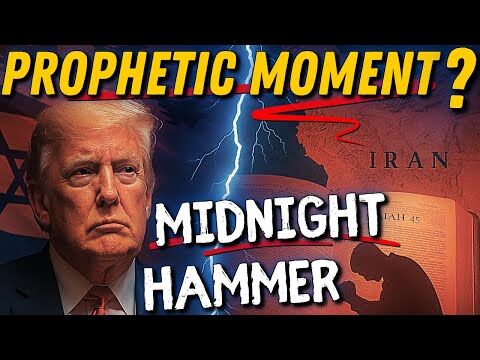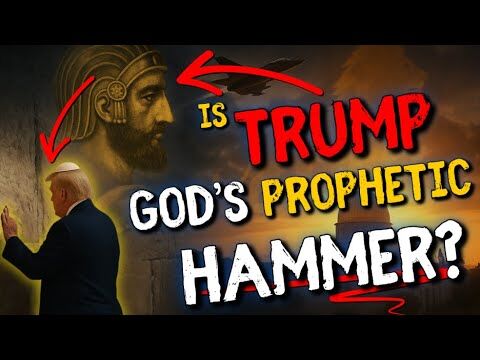The U.S. Supreme Court unanimously decided that under the First Amendment churches are entitled to a “ministerial exception”—and therefore dismissed a wrongful termination suit against a church.
In Hosanna-Tabor Evangelical Lutheran Church v. EEOC, the court recognizes that the ministerial exception applies beyond the head of a religious congregation to others, such as the teacher in this case, who are viewed as ministers or those carrying the message of the church.
Chief Justice John Roberts stated that, “By requiring the church to accept a minister it did not want, such an order would have plainly violated the church’s freedom under the Religion Clauses to select its own ministers.” He also states that to award compensation such as back pay “would operate as a penalty on the church for terminating an unwanted minister, and would be no less prohibited by the First Amendment than an order overturning the termination.”
This ruling is clear to completely protect the church. It states: “The purpose of the exception is not to safeguard a church’s decision to fire a minister only when it is made for a religious reason. The exception instead ensures that the authority to select and control who will minister to the faithful—a matter ‘strictly ecclesiastical,’ is the church’s alone.”
The court rejected the government’s extreme argument that there should be no such ministerial exception, stating: “We cannot accept the remarkable view that the Religion Clauses have nothing to say about a religious organization’s freedom to select its own ministers.”
Mathew Staver, founder and Chairman of Liberty Counsel, called the decision a landmark ruling by the High Court that recognizes the strong protections of the First Amendment Religion Clause with regards to church autonomy.
“Churches have the right to decide who to employ to communicate their religious message. The government’s extreme view that churches have no right to control who will communicate their message would allow the government to control churches,” Staver said. “It makes no sense to tie the hands of a church when the messenger is undermining the message. The Supreme Court rightly rejected the government’s extreme secular argument.”
Alliance Defense Fund senior counsel Kevin Theriot also applauded the decision. As he sees it, the Supreme Court was right to conclude that the government cannot contradict a church’s determination of who can act as its ministers. He concluded, “This clearly goes to the heart of the original intent of the religion clauses of the First Amendment.”

